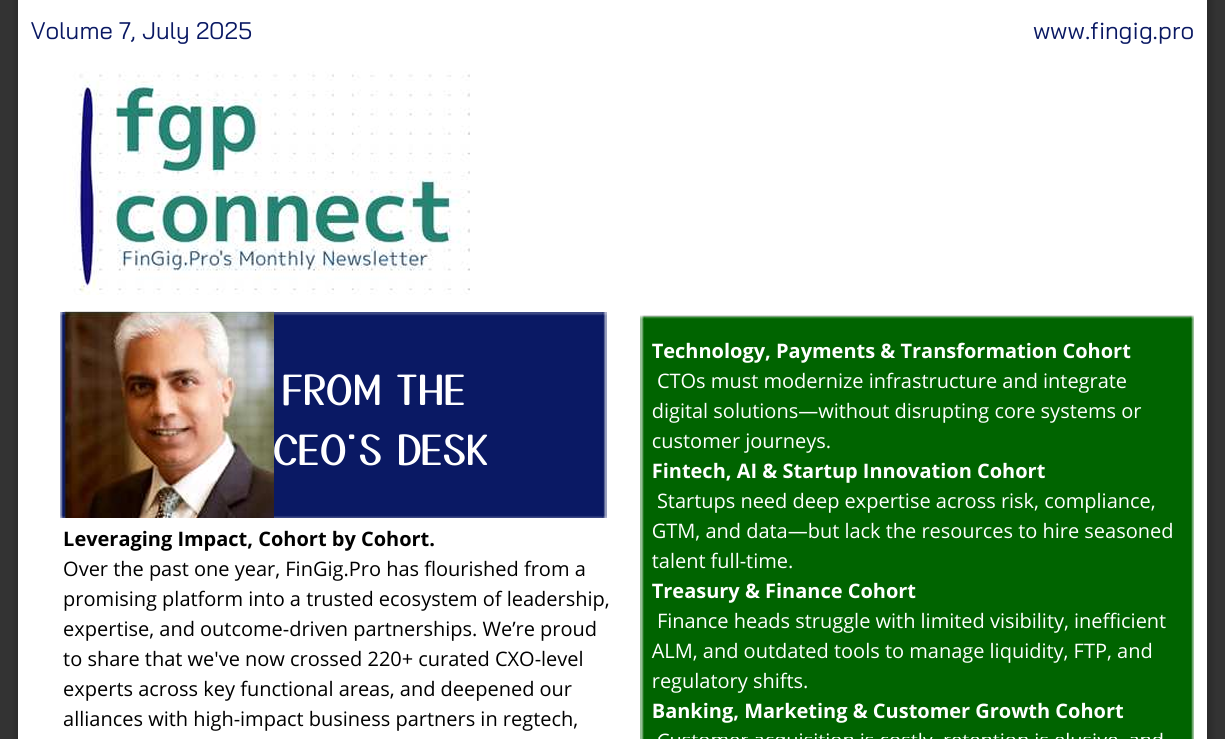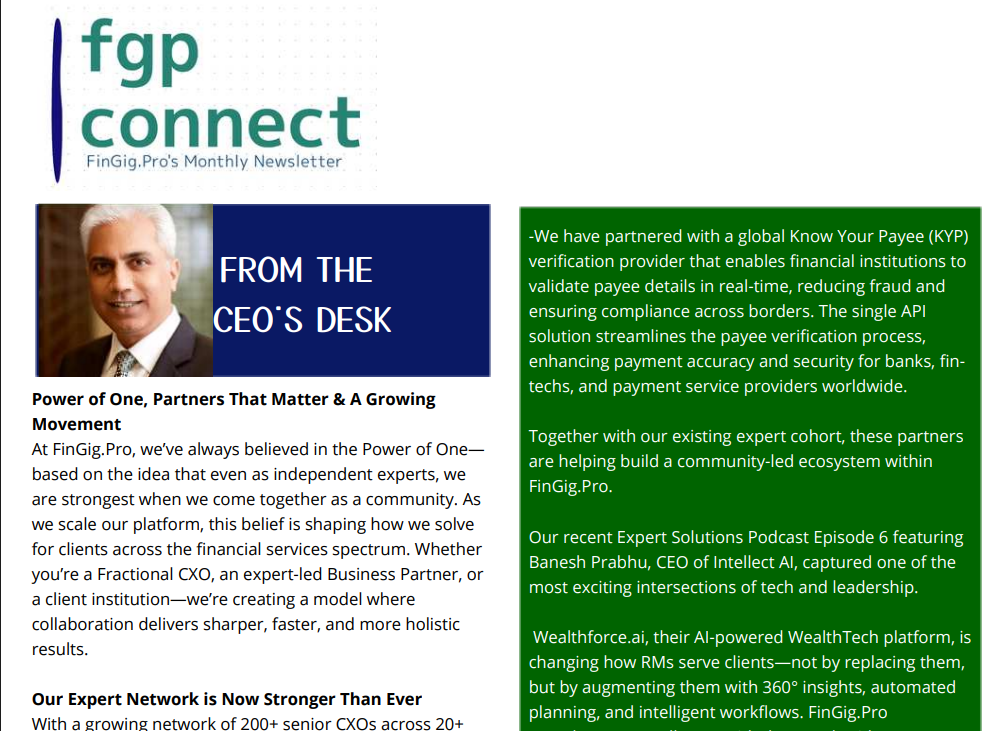In an ever-changing corporate world with its global workforce and a range of people having different skill-sets and aptitudes working for different types of organizations, leadership skills are acquired with time and experience. Read on…
The corporate world throws up inspiring go-getter leaders who shape the future of companies and in turn society. The fact is that influential leaders share a level of brilliance that enables them to inspire the people toward new ideas and innovations.
“The industry is in the middle of its biggest change since its inception. Mobility is a key topic of the decade, if not the century. The need for innovation has eventually arrived in the industry, and most players are finally stepping up their game to stay relevant in the upcoming years. Those who adapt to changing circumstances will prevail.” – Jeannette Waldschläger, Head of Finance and Accounting at PAIR Finance
Are their born leaders?
That raises the question whether leaders are born or can leadership qualities be imbibed as one continues to work and grow in an organisation? While the jury may be out on this the fact of the matter is that according to conventional leadership theories, we draw classical leadership traits from army generals and males who led countries and armies to famous victories.
However, things have changed in the work culture of the 21st century. According to Whitney Beasly, an HR Expert: “It’s an age-old question — are people born leaders? Whatever your personal beliefs, it is clear from observation that leaders come in all shapes, sizes and characteristics. However, leading a company or a team involves more than a natural ability and often requires the person to develop their skills over time.”
How Are Leaders Made?
According to experts, many people have begun to acknowledge that most leaders are made rather than born. While a natural affinity for leadership is always appreciated, many employees need consistent practice and skill-building resources to become talented leaders.
There may be several reasons to support the idea that leaders are made, but this concept needs in-depth understanding.
Thinking Coach Pinar Gultepe says in a research article on LinkedIn: “Today, everything is changing fast and organizations are in a struggle to keep up with this rapid change in order to compete. Equipped leaders are also needed to adapt to this change process. It does not seem possible to carry out an organizational change with ordinary managers. Leadership characteristics required for organizational change and transformation may differ according to the culture, goals and structure of the organizations. However, there are still behaviours and characteristics that leaders must demonstrate for a successful change process. Examples of these behaviours are inspiration, team building, motivation.
Emotional Intelligence
As far as the value of Emotional Intelligence is considered among highly effective leaders, Gultepe says it equips leaders to better manage the stress and difficulties inherent to their positions (Palmer et al., 2001). By understanding and controlling their own emotions, emotionally intelligent leaders are able to maintain composure under pressure and make sound decisions even in challenging circumstances (Baring et al., 2000). This display of self-control can position the leader to better serve as a role model for their employees and enhance trust and respect (Gardner and Stough, 2002).
Adaptability
She goes on to say that adaptability, or the capacity to change or adapt to new circumstances, is yet another crucial leadership quality (Schulze and Pinkow, 2020). Change is inevitable in today’s fast-paced business environment, and leaders must be able to respond effectively to shifting circumstances and crisis situations (Calarco, 2020). Therefore, adaptability is a vital trait in order for leaders to be prepared to take on society’s evolving conditions.
Adaptable leaders are more effective at navigating change and crisis management because they can rapidly re-evaluate their strategies and modify their approach to better align with new realities (Calarco, 2020). Being an adaptable leader is essential in crisis management because it enables leaders to make quick decisions, modify strategies, and communicate with their teams effectively (Calarco, 2020). In addition, being an adaptable leader fosters a culture of learning and development, which strengthens the organization and makes it better equipped to face future crises (Calarco, 2020).
Like Brene Brown talks about future leaders: “Trust is earned in the smallest of moments. It is earned not through heroic deeds, or even highly visible actions, but through paying attention, listening, and gestures of genuine care and connection.”
So in a nutshell one can say that Leadership has many aspects and some of the key ones we can conclude from is that:
- Leading a company or a team involves more than a natural ability and often requires the person to develop skills over time
- Leaders must demonstrate the following skills for a successful change process
- Inspiration
- Team building
- Motivation.
- Emotional Intelligence is considered as one of the key ingredient for highly effective leaders. It equips leaders to better manage the stress and difficulties inherent to their positions
- The HR expert goes on to say that adaptability, or the capacity to change or adapt to new circumstances, is yet another crucial leadership quality
This is a vast topic and as practising leaders if you have any thoughts, experiences then please do not hesitate to share your comments below.
FinGig.Pro is a global network of Experts on Demand and our Experts have worked in senior leadership positions which helped them to succeed. If you are interested to join this network then click here



